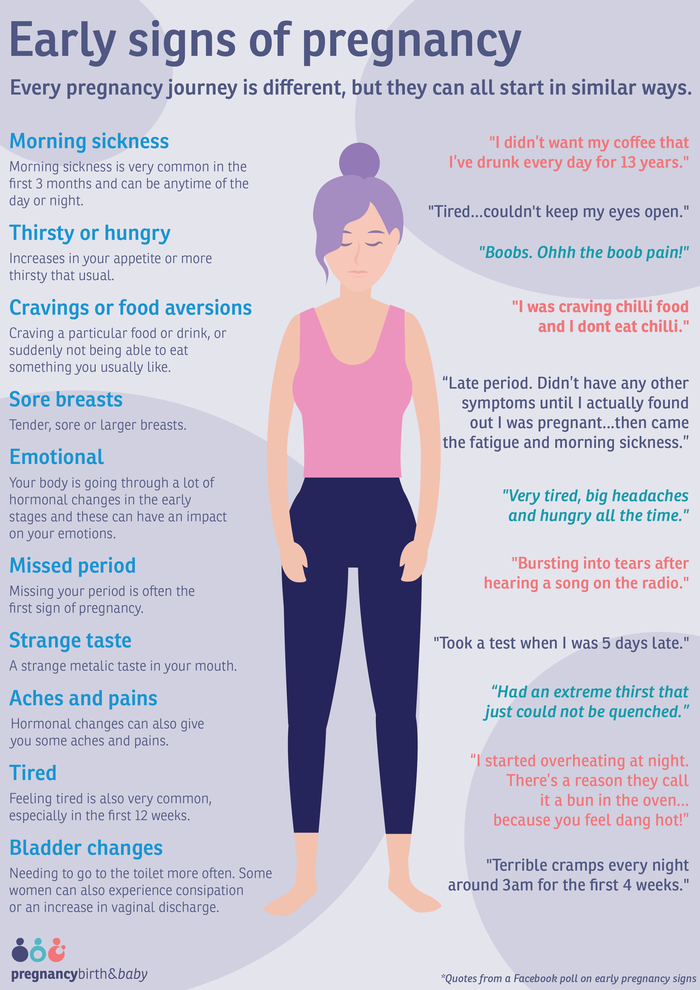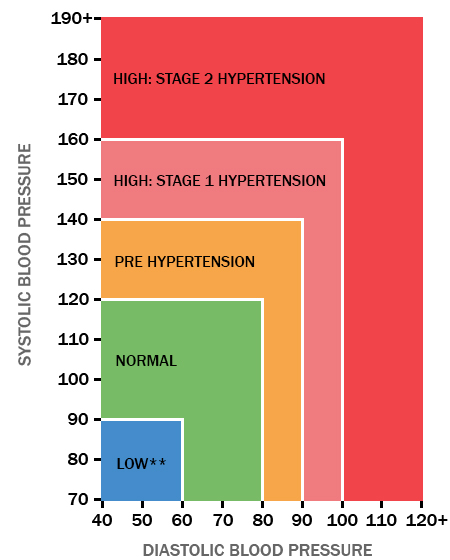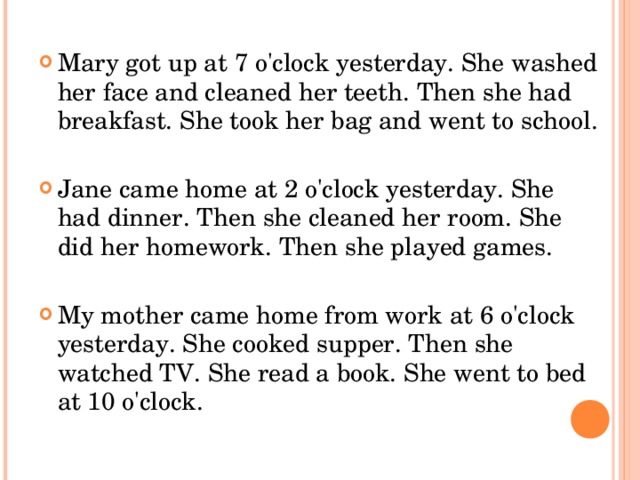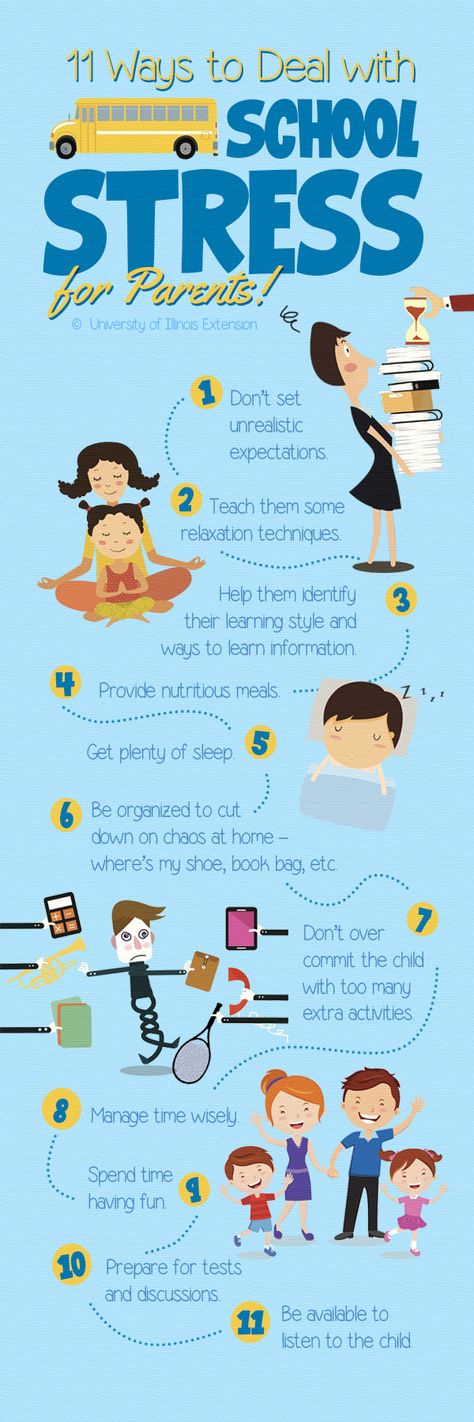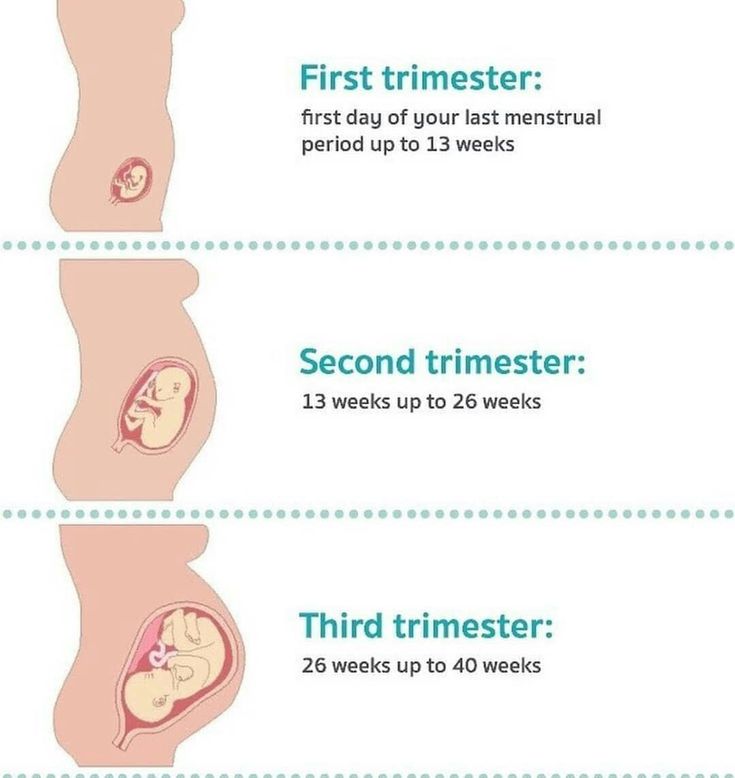How to help your child revise for gcse
Help your child revise for GCSEs - the top 6 revision hacks
GCSE year can certainly be a stressful time for both you and your child. You want them to achieve their potential, gain the results they deserve and minimise any stress or worry along the way. All parents rightly wonder how they can help their child to learn and revise, but it can be difficult to know where to start. Well, we’re here to help. We’ve canvassed our team of super tutors to collate the 6 best ways to help your child revise for their GCSEs.
Use the advice in this post as a starting point and tailor things to suit your own child and how they work best. For more personalised advice you can contact us directly for a free consultation on studying for GCSEs.
1. Understand GCSEs
Before you can properly support your child through their GCSEs, it is important that you understand the GCSE courses they are studying. It’s also worth finding out what will be expected of your child in the exams. Don’t worry, this doesn’t mean you need to head back to school and learn the GCSE courses again! The key is to spend a bit of time researching these areas:
- Subjects
- Exam boards
- Broadly what content is included
- The structure of the exams
- Key dates for mock exams, coursework and eventually the real exams
This basic knowledge is easy enough to find, but will be crucial to properly help your child to achieve great results. Start by checking out the exam board websites for your child’s courses. You can find links to the main exam boards below in step 5. You should also discuss key dates and mock exams with your child’s school. They will also be able to update you on your child’s progress and the main areas on which to focus revision.
2. Build a revision plan
This is probably the most important bit of advice I can give anybody preparing for GCSEs. It’s very important to build a revision plan early in year 11. Set out the main topics for revision each week through to the exams.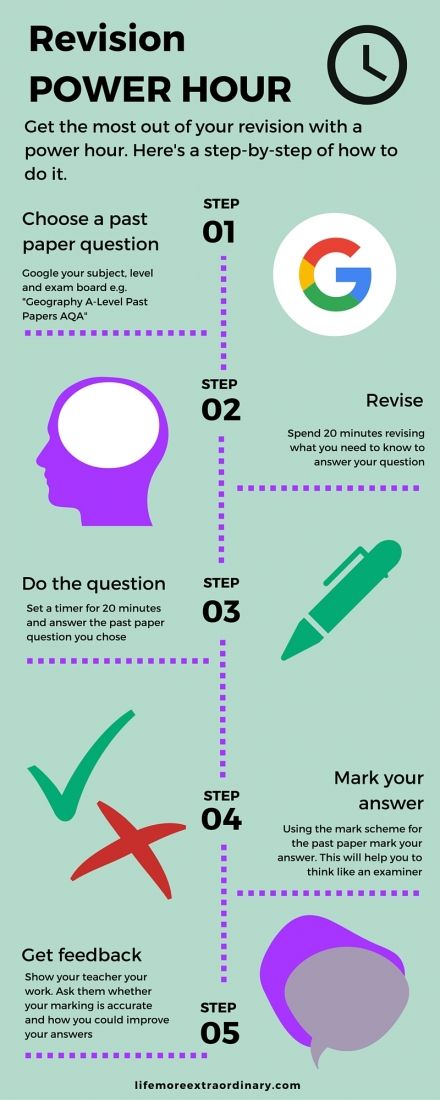 Revision sessions should be “little and often”. All the available evidence shows that regular revision is key to effective long term learning.
Revision sessions should be “little and often”. All the available evidence shows that regular revision is key to effective long term learning.
Our brains lose knowledge the longer we leave things without revision after first learning them. Doing a small amount of revision every week throughout the course is the way to go. I know it’s difficult to get a young teenager to focus on revision throughout the school year, but if they can do it then they’ll see the results in their mocks and eventually the real exams.
This need only be 45 minutes to an hour each week initially. You can then help them to increase their revision time in the few months leading up to the exams. Keeping to a flexible revision plan makes this process much easier.
3. Make revision efficient and effective
With all of this revision throughout the academic year, you might well be worried about the workload and stress your child could face. Well, the best way to prevent stress and actually reduce time spent working over the year is to revise efficiently and effectively.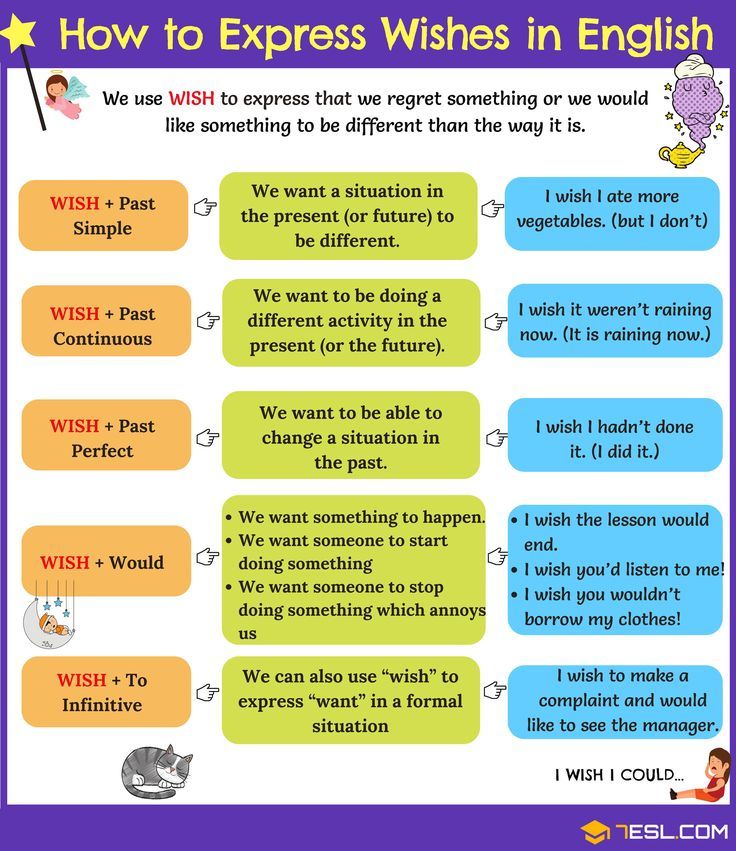 With some simple tips you can ensure your child gets the most benefit from short, regular revision sessions each week.
With some simple tips you can ensure your child gets the most benefit from short, regular revision sessions each week.
Essentially revision should be an active process, not a passive one. This means students should be ‘doing’ tasks and revising skills, rather than simply reading through notes. Revising in this way will push your child well ahead of most other GCSE students who picture revision as a boring process of reading through a revision guide or exercise book. With an active approach to revision your child can maximise the outcomes for the time put into revision. This efficiency comes from active tasks like doing practice questions and learning by using skills and knowledge.
Try encouraging your child to spend 45 minutes completing practice questions in their chosen subject for the day. Then get them to use the mark scheme available online to mark their own work carefully. Really focus on what the examiner is looking for. Then encourage your child to answer the questions again, carefully implementing what they’ve learned from the marking exercise.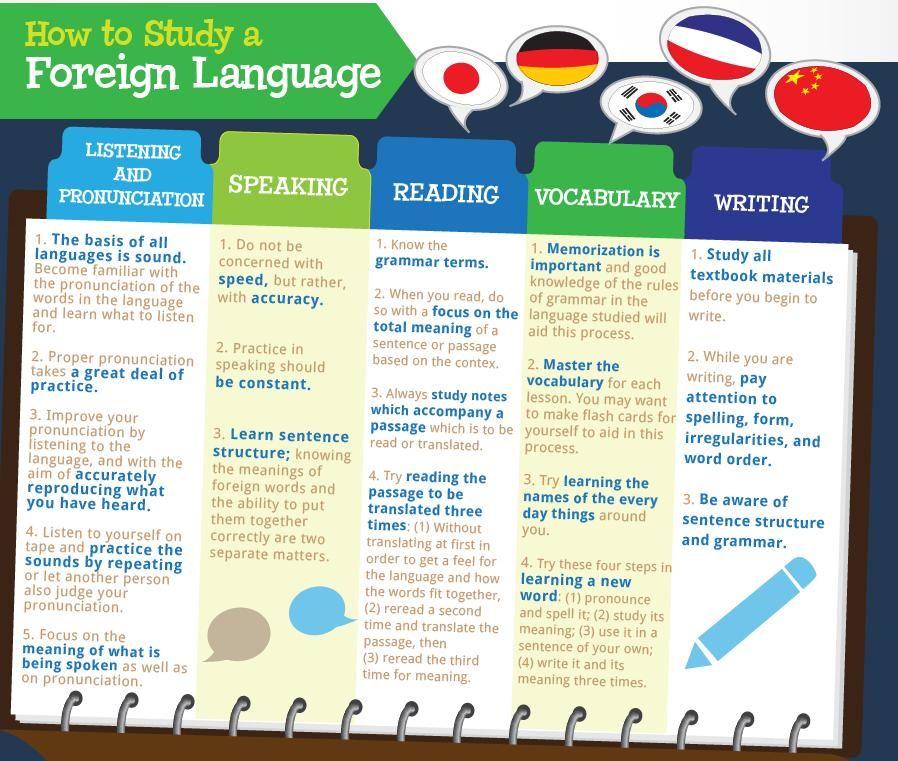
4. Set up a dedicated learning environment
One of the best ways to help develop efficient and effective revision is to create a dedicated learning environment. Revising on the sofa in front of the TV just won’t cut it! The learning area could be a spare bedroom or simply a desk area in the corner of a quiet room. The key is to make sure the area, is quiet, free from distractions and focused on learning.
You can design the space to minimise distractions, with only work resources allowed in the learning area. Try rules like leaving the smartphone in another room and keeping the laptop locked on revision resources. Your child can also help to personalise the space by putting up revision cards or posters on the walls.
To help maintain this focus, keep revision sessions relatively short (40-45 minutes) with 10-15 minute breaks in between. Encourage your child to step away from the revision space during these breaks. This helps to train the mind to keep focused during revision time, with the reward of a decent break never too far away!
5.
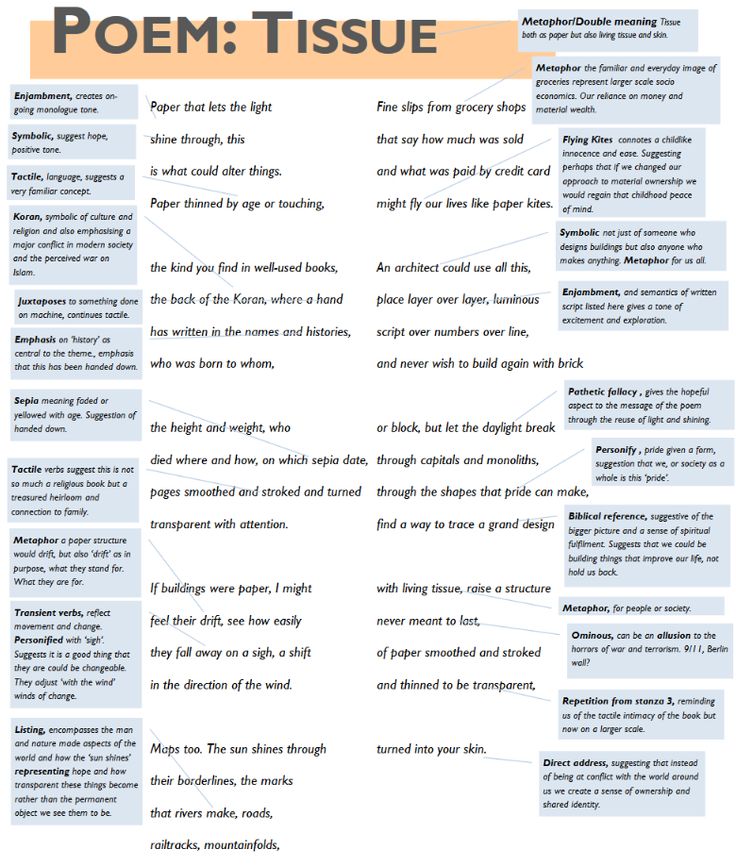 Use the best revision resources
Use the best revision resourcesJust a quick search on Google or Amazon will show you just how many different learning and revision resources there are available at GCSE level. It can be difficult to find the best quality resources. Quality resources can make all the difference. They should provide guides on key topic areas and a range of practice questions so your child can hone their skills and revise effectively.
It’s also important to emphasise that you don’t have to spend a fortune on GCSE revision resources to help your child. There are lots of great free resource websites including:
- Our own learn online page for GCSE maths and English – with a range of revision guides and worksheets available for free.
- BBC bitesize – a classic for a reason
- Exam board websites for past papers and schemes of work – AQA, OCR, Edexcel
Use these free resources as the base for your child to learn from. School should also provide important text books, practice questions and notes to support revision.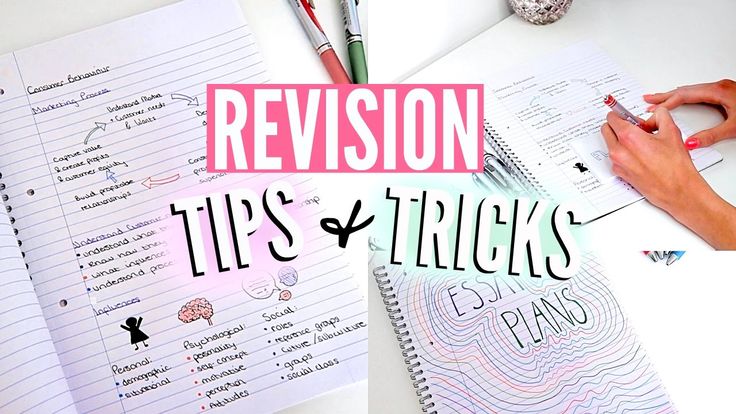
6. Ask for help when needed
Finally – and very importantly – both students and parents should be ready to ask for help with revision when needed. No one ever knows everything and asking questions and discussing topics can quickly broaden our knowledge base. It’s the same when revising for GCSEs. It also plays a crucial part in the “active” revision process outlined in step 3. Asking questions and discussing things helps students to think critically about things.
As a parent you should both ask questions yourself and encourage your child to ask questions and start discussions around their subjects. This could be with:
- an older sibling who has already done their GCSEs;
- you the parent;
- classmates at school;
- teachers;
- trusted tutors; or
- us and Tutor In – simply contact us directly for some free advice on GCSE revision
There is a lot to take in here and it can seem like a daunting process to properly help your child revise for GCSEs.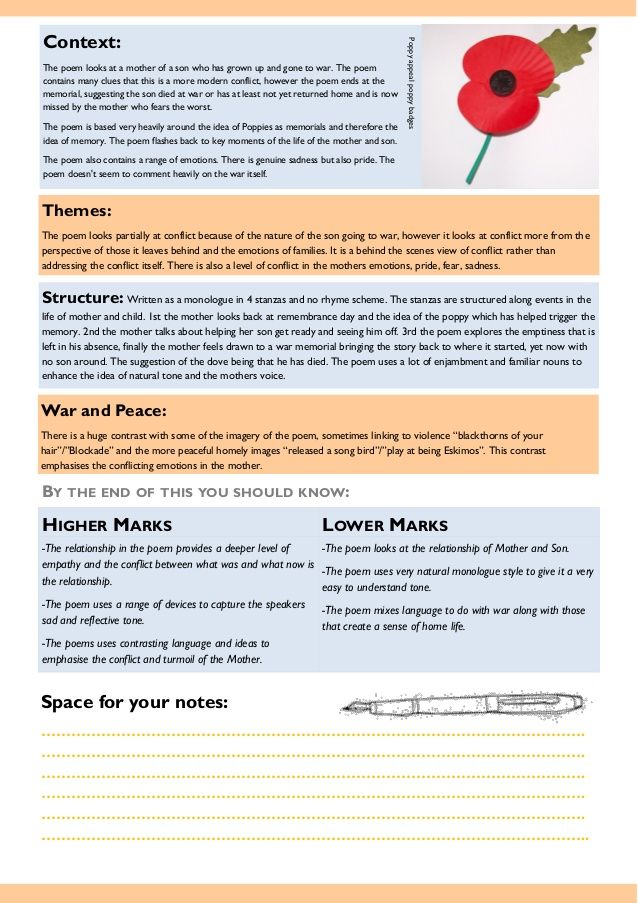 Following these 6 simple steps will go a long way to helping your child achieve their potential. Remember steps 1 and 2 – start by researching the GCSE courses and making a revision plan with your child as early as possible.
Following these 6 simple steps will go a long way to helping your child achieve their potential. Remember steps 1 and 2 – start by researching the GCSE courses and making a revision plan with your child as early as possible.
10 GCSE revision tips for parents
Your child is in year 10 or 11 and they’ve started to study for their GCSEs. You know that having good revision strategies will help them improve their grades. But you don’t know how to help them. In fact, you were never good at revising back in your school days either. And being a busy working mum means you don’t have the time to help. You feel helpless, so you sit back watching your child, giving them space and keeping your fingers crossed.
To best help your child with GCSE revision, there are two important things you need to know.
- What your child will need in year 11, and around exam time. These are space, reduced stress, organisation and focus.
- How students learn best.
 According to scientific research, students learn best when they spread their learning over time with increasing intervals. They also retain more information when they learn by recall rather than simply re-reading notes.
According to scientific research, students learn best when they spread their learning over time with increasing intervals. They also retain more information when they learn by recall rather than simply re-reading notes.
Here are the top 10 ways to help your child revise for GCSE.
10 GCSE revision tips for parents1. Help them create a revision timetable.
Having a revision timetable helps the student cover the content in the syllabus (exam specification). They will need to organise their timetable by including not only their GCSE subjects but also the specific topics in each subject. This is a good way to ensure they’ve planned their revision so they to cover all the content over time. If they are struggling with creating a revision timetable, help them with it. There’s a guide on how to create revision timetables here. Keep a copy of the revision timetable for yourself or just ensure that it’s boldly displayed where they study.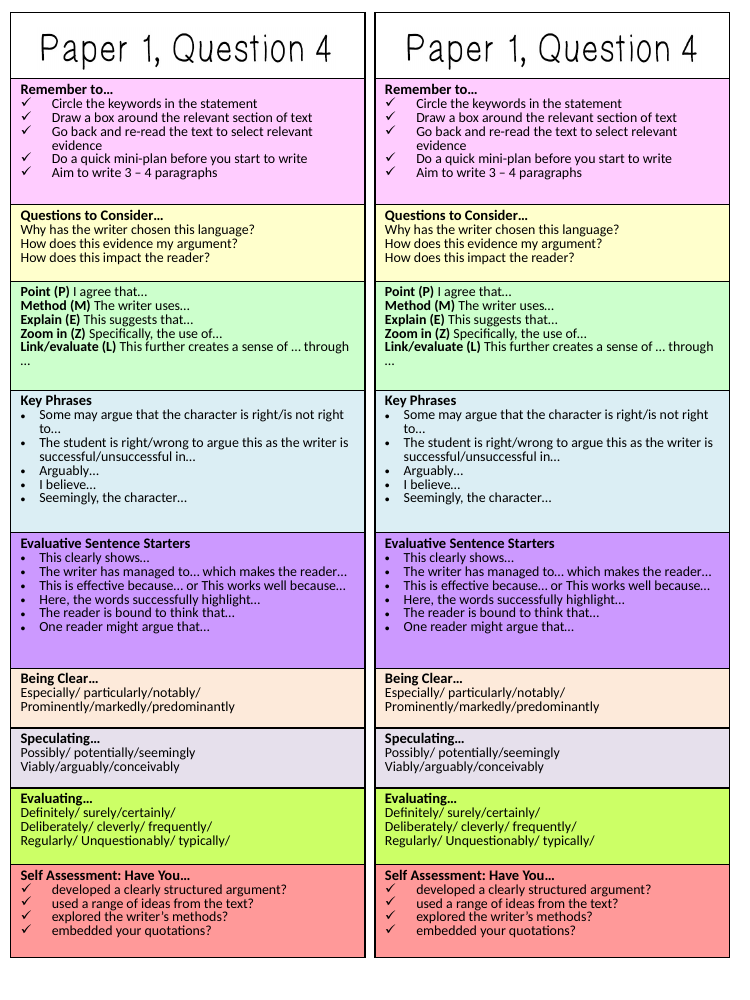 Then occasionally, check in to see that they are following the timetable.
Then occasionally, check in to see that they are following the timetable.
Exam time is highly stressful. With huge specifications to cover over several different subjects. Plus, students getting to grips with learning how to revise. Your child will need a quiet space where they can focus. Whether it’s in their bedroom, a study room or living room table. Make sure they have a designated space they can revise during their revision hours and there’s no distractions like kids running around, television on loudly or video-games.
3. Work with them to create a study routineCreate a simple plan where your child knows what activities will be happening at different days and times of the week. It could be that they have dance classes on Tuesday, a science tutor on Thursday, English & French homework on Monday for example. Having a routine helps the child instil good habits and but also means you can check in occasionally to see how to are getting on. Many students leave routines until the last year of GCSE but I recommend starting this habit from as early as year 8.
Many students leave routines until the last year of GCSE but I recommend starting this habit from as early as year 8.
During exam period, every second count. The child will want to ensure they maximise the limited amount of time they have to revise. So, it is important that not only do they have all their equipment available, but they can easily find them. Have student books, revision books, notebook, pens, highlighters etc in a place where they can easily reach them. This really helps with organisation and focus.
5. Make sure they get a good night’s restSleep is more important than many of us think. In the long term, a lack of sleep is linked with disorders like obesity and Alzheimer’s. In the short term, sleep helps your child process the study material they have learnt and improve their memory. Research has shown a relationship between sleep length and exam performance in students.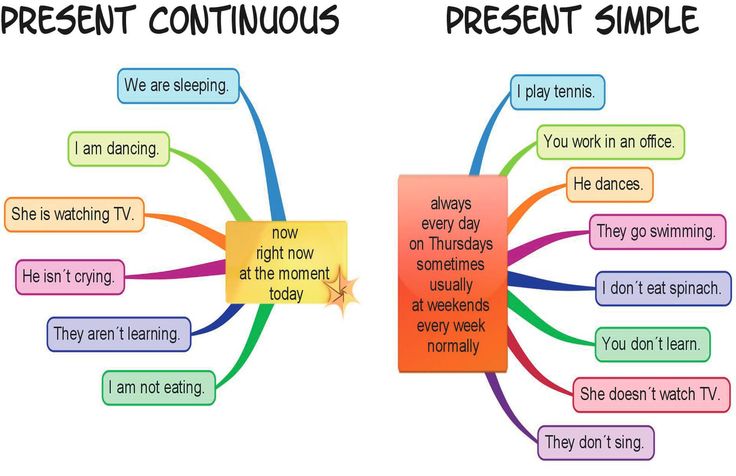 Make sure your child has a night-time routine. They should stop working at a set time each night so they can unwind and relax before bed. You may also want to turn off phones and TV before bedtime as these can be huge distractions. The national sleep foundation recommends that teenagers should sleep between 8 to 10 hours a day.
Make sure your child has a night-time routine. They should stop working at a set time each night so they can unwind and relax before bed. You may also want to turn off phones and TV before bedtime as these can be huge distractions. The national sleep foundation recommends that teenagers should sleep between 8 to 10 hours a day.
As a busy parent, it can be easy to send your child to school with a quick pack-lunch or rely on the school’s canteen. But, the last year of GCSE and the months leading up to the exams are particularly important. If you give them pack-lunch for school, make sure that they have a balanced and varied meal. If you rely on them to buy their own lunch, make sure they know the importance of healthy eating so that they make correct food choices.
7. Make sure they schedule in relaxation timeWith the stress around GCSE and all the studying the child has to do, we can forget to take breaks and relax.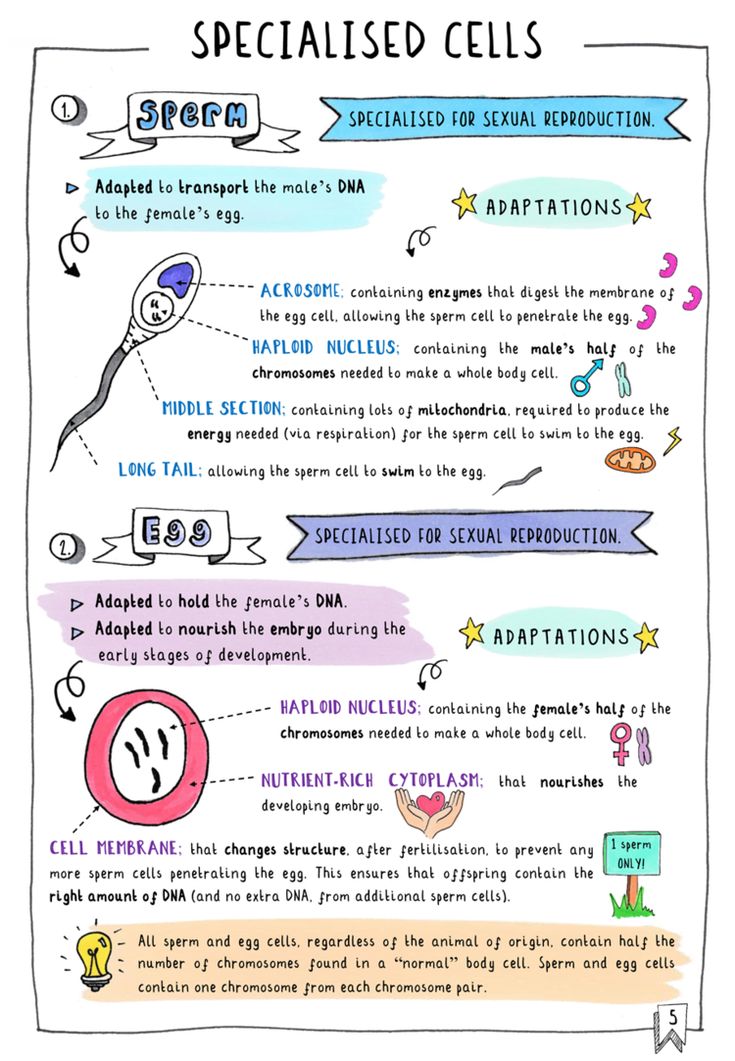 Relaxing is very important as helps the child achieve a calm and clear mind, recharge and get ready to start again full of energy. Make sure your child has scheduled in breaks in their revision timetable. It is important to have at least 5 to 15 minutes break between each study session, depending on how long they study for. They also need longer breaks so they can have dinner and spend time with family. And of course, they need times during the week for extracurricular activities or for spending time with friends. Make sure these are scheduled in the timetable also.
Relaxing is very important as helps the child achieve a calm and clear mind, recharge and get ready to start again full of energy. Make sure your child has scheduled in breaks in their revision timetable. It is important to have at least 5 to 15 minutes break between each study session, depending on how long they study for. They also need longer breaks so they can have dinner and spend time with family. And of course, they need times during the week for extracurricular activities or for spending time with friends. Make sure these are scheduled in the timetable also.
I am currently reading a book called “How to Ace your GCSEs”. This book categorises people having either an external or internal locus of control. People with an external locus of control tend to blame the environment (‘external factors’) such as their teachers, their school and other’s around them for their circumstance. People with internal locus of control take responsibility for their life and make changes within themselves to effect the change that they want.
You can guess which mindset many teenagers have. Help your child to develop the right mindset. Make it clear that there are always obstacles in life but it’s how we push to overcome them that matters.
9. Make studying funSometimes, everyone in a household can get tense and anxious around exam period. But it doesn’t have to be that way. Learning can be fun! Especially with increasing online learning tools in today’s day in age. Learn together with your child. Play educational games and quizzes with them. Kahoot is a common one used in schools that students love, but there are others. This becomes fun and exciting as you both try to improve your scores to win. Offline, you can use a flashcard that your child has created to ask them questions. If you can, try and link what’s going on in the world, on television and around us to what they are learning. And don’t forget to reward them. If they’ve done well in the quiz or questions you’ve asked them. Give them something they like as a reward. It could be something small like their favourite drink for example. Children respond positively to rewards and it pushes them to try even harder next time.
It could be something small like their favourite drink for example. Children respond positively to rewards and it pushes them to try even harder next time.
When it comes to learning, sometimes there’s only so much the school and you as a parent can do. If you’ve tried the GCSE revision tips in my last post, and the strategies listed on this post; yet you still feel your child need more help, consider hiring a tutor. Focus on the subjects that are struggling with the most.
GCSE revision tips for parents: Final ThoughtsGood revision techniques are essential to help your child pass their GCSEs. In the last post, I gave 10 essential revision techniques students can use to improve their grades. This post is focused on GCSE revision tips for parents. As a parent, you can use the strategies here to help your child revise for their GCSE. By working with your child to use the strategies in both posts, they’ll be well on their way to passing their GCSEs.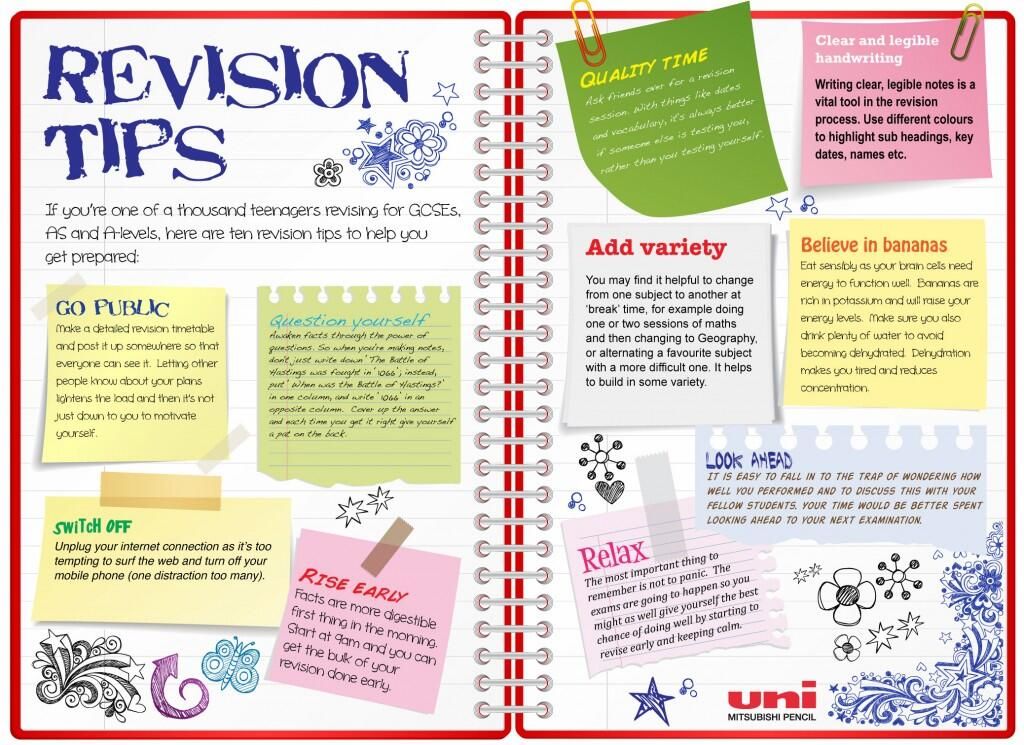
How to help your child pass the exam: advice to parents - Ucheba.ru
College of Economic International Relations
For graduates of 9th and 11th grades.
Higher education online
Federal project of distance education. nine0005
I would go to the oil industry!
Take the test, find out your future profession and how to get it.
Future technologies
Get inspired to become a cool engineer to change the world
Student projects
Moscow Polytechnic University students talk about their inventions
Chemistry and Biotechnology at RTU MIREA nine0003
120 years of training experience
International College of Arts and Communications
MKIK - modern college
English
Together with Wall Street English experts, we decided to talk about English in a way that would make you want to learn it.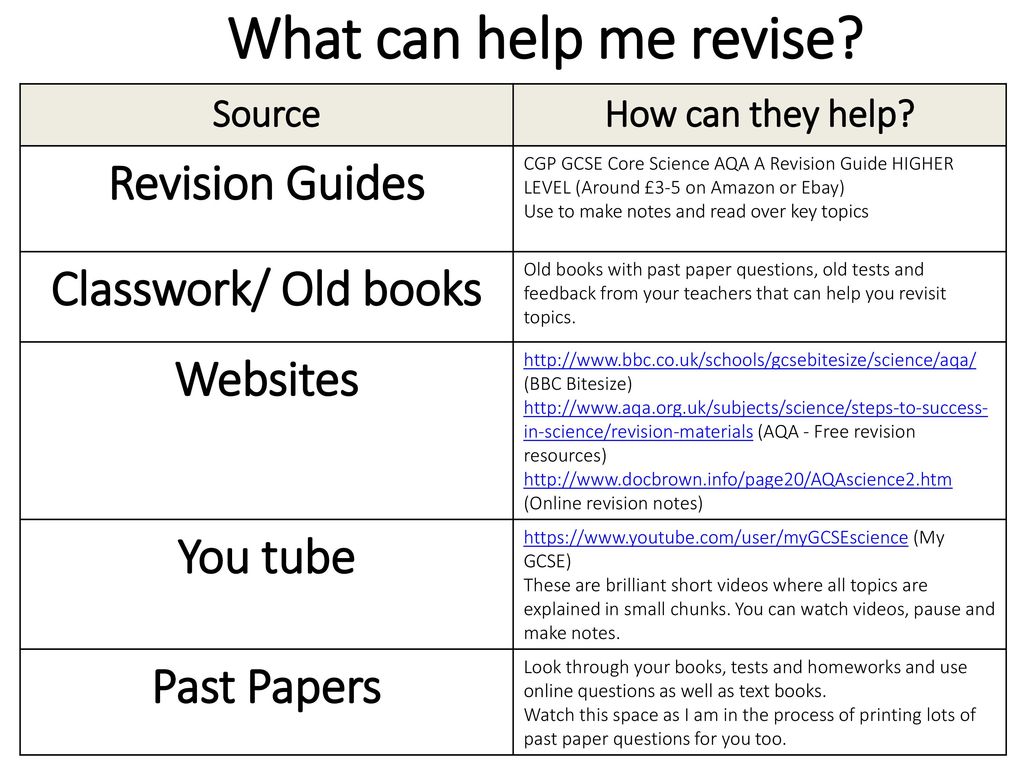
15 rules of safe behavior on the Internet
Simple but important rules for safe online behavior. nine0005
Olympiads for schoolchildren
List, calendar, levels, benefits.
First economic
We talk about what lives and how the REU named after G.V. Plekhanov.
Ticket to Holland
Participate in the competition and win a trip to Holland to study at one of the summer schools at Radboud University.
nine0002 Digital HeroesThey create Internet services, social networks, games and applications that are used daily by millions of people around the world.
Jobs of the future
How new technologies, scientific discoveries and innovations will change the landscape of the labor market in the next 20-30 years
Dream professions
Together with the Foxford online learning center, we decided to ask schoolchildren who they dream of becoming and where they plan to go. nine0005
Economic Education
About what the modern economy is and what career prospects open up for future economists.
Humanitarian sphere
We talk with experts about the importance of liberal arts education and the areas of its application in practice.
Young engineers
Engineering specialties are becoming more and more in demand and promising. nine0005
Table of ranks
What is the civil service, who are civil servants and what kind of education is a good start for future officials.
Career in petrochemistry
Petrochemistry is innovation, the real production of products that are in every home.
memo to parents of graduates taking the USE, advice from a psychologist
Memo to parents: what is the USE
Unified State Exam stands for unified state exam. In Russia, this is the final exam for the course of secondary general education. Since 2009, the USE has been the only form of state final certification for grade 11.
Like the OGE in the 9th grade, students take the USE in two compulsory subjects: Russian language and mathematics.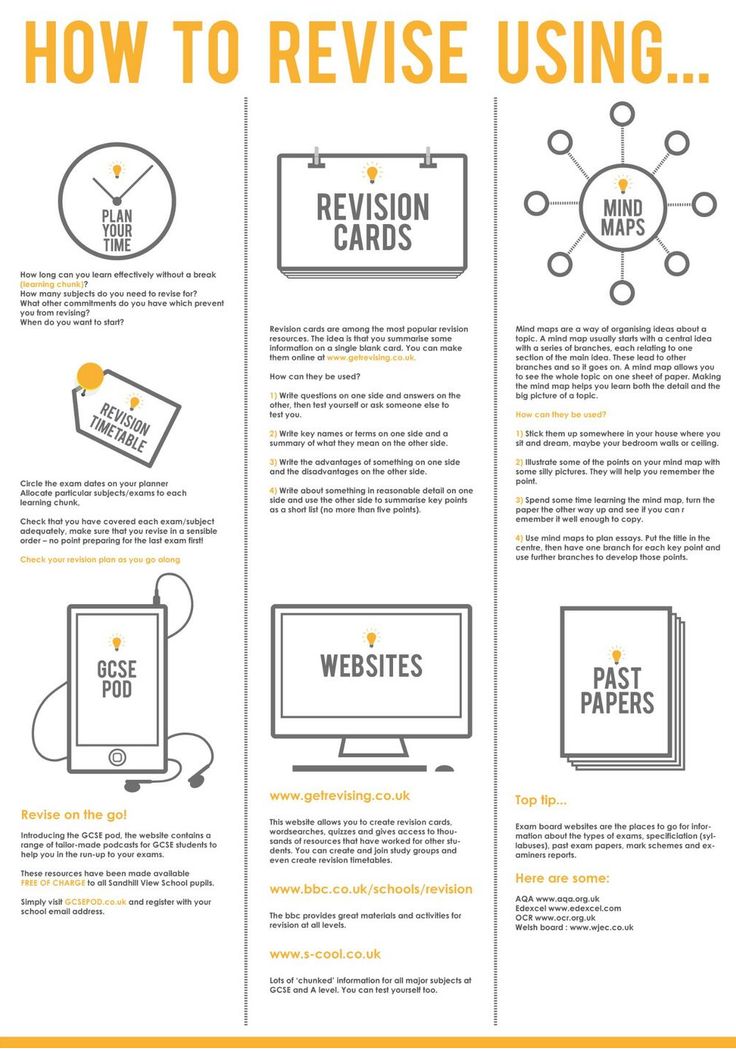 But mathematics at the same time has two levels - basic and specialized. The remaining disciplines are chosen independently from the approved list.
But mathematics at the same time has two levels - basic and specialized. The remaining disciplines are chosen independently from the approved list.
The USE certificate is valid for four years following the year the exam was taken. Based on the results of the exam, you can enter institutions of higher education. nine0005
How to help your child survive the USE
Here are some tips for parents of graduates before the USE.
Tip 1. Help with preparing for the exam
The key to success in the exam is quality knowledge. It is not in your power to put them in the head of a son or daughter, but you can help find tutors, buy the necessary manuals or courses, offer participation as needed. Parents can show their participation by saying:
- “Do you want to repeat such and such a topic? I can ask you questions, if anything, contact me. nine0102
- “Are you satisfied with the training course? Do you feel that the classes are beneficial?
- “Are you sure you organize your time properly? Let's think together how to optimize the training schedule?
Many graduates taking the exam choose online training. This helps save time and effort. Encourage your child to consider this option. For example, at the Foxford home online school, you can prepare for exams with teachers from the best Russian universities, experts from the OGE and the Unified State Examination. Training courses in mathematics and the Russian language are already included in the basic program. As part of an individual study route, you can also take preparation courses for the December essay and courses in specialized subjects. nine0005
This helps save time and effort. Encourage your child to consider this option. For example, at the Foxford home online school, you can prepare for exams with teachers from the best Russian universities, experts from the OGE and the Unified State Examination. Training courses in mathematics and the Russian language are already included in the basic program. As part of an individual study route, you can also take preparation courses for the December essay and courses in specialized subjects. nine0005
<
<
Tip 2. Don't push
Peer pressure is one of the most stressful factors that accompany the exam. Teachers at the school give the exam as if it were the only goal in the life of every student. Potential scores for the exam measure all the chances of success in the future. The graduate feels as if he has no right to relax. If parents join the choir of teachers and echo: “If you don’t pass, you will work as a janitor! Do not disgrace us there!”, the consequences can be sad. nine0005
nine0005
To support a child before the exam, it is important to teach a son or daughter not to be afraid of failure. Life does not end at the exam and is not determined by its scores. In extreme cases, the exam can be retaken, but health and spent nerves can no longer be returned.
Tip 3. Work with your own emotions
If you are constantly nervous about the exam and how your son or daughter will perform, the anxiety will inevitably be transmitted to the child. This will reduce his adaptive capacity and resistance to exam stress. nine0005
To help your child pass the exam, choose the right style of communication with a teenager during the preparation for exams - optimistic, perky and humorous.
Tip 4. Create psychological comfort
A nervous atmosphere is created around the USE. It is important that maximum peace reigned at home. A child needs some kind of safe haven where they can rest and relax without thinking about demos, forms and typical tasks.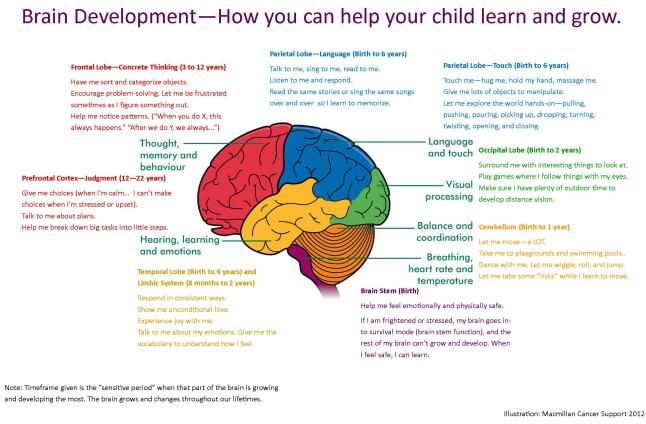 Try to make fewer demands on household chores - during the period of preparing children for the exam, you can make a discount. nine0005
Try to make fewer demands on household chores - during the period of preparing children for the exam, you can make a discount. nine0005
Advice 5. Organize a "trial exam"
When preparing for the exam, work through the whole scheme of the USE procedure with your child from and to. He must know what can be taken with him (chocolate, passport, black gel pens) and what is not allowed (phone, cheat sheets). The graduate must be able to correctly fill out the examination form and calculate the time for the exam in order to manage to cope with all the tasks.
To get used to the format of the exam and at the same time improve your knowledge, offer your child to go to trial exams at school or special centers. At the trial exams, everything is like on the real ones - there is a security guard with a metal detector at the entrance, the teenager is put in an audience with strangers, they read the instructions, and he writes the exam. And after a while they send the results.


